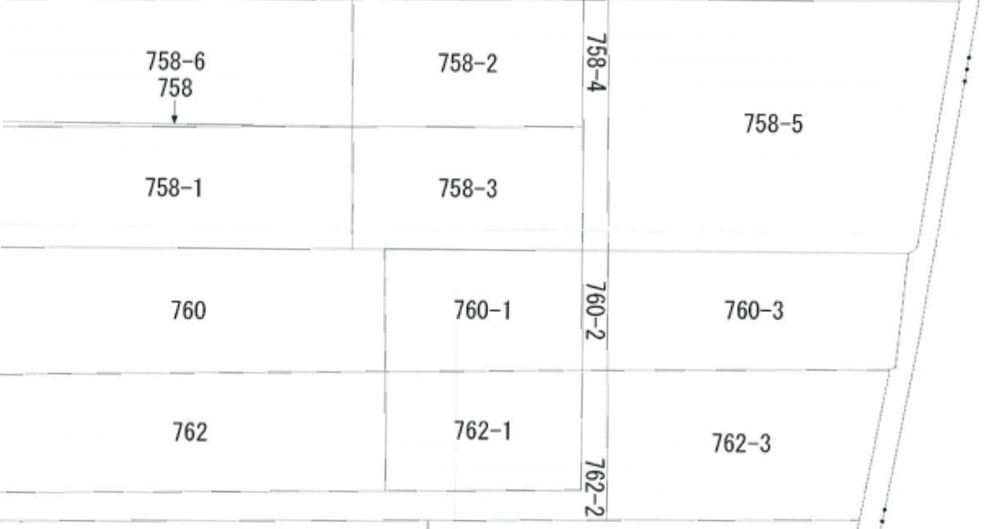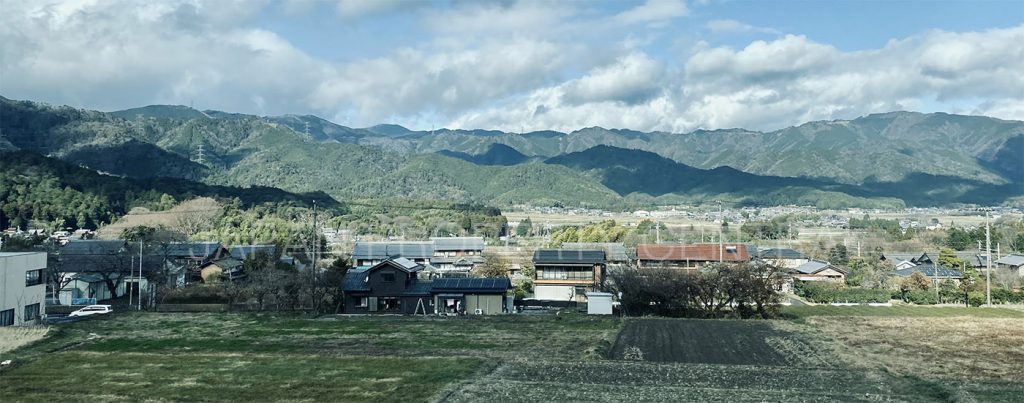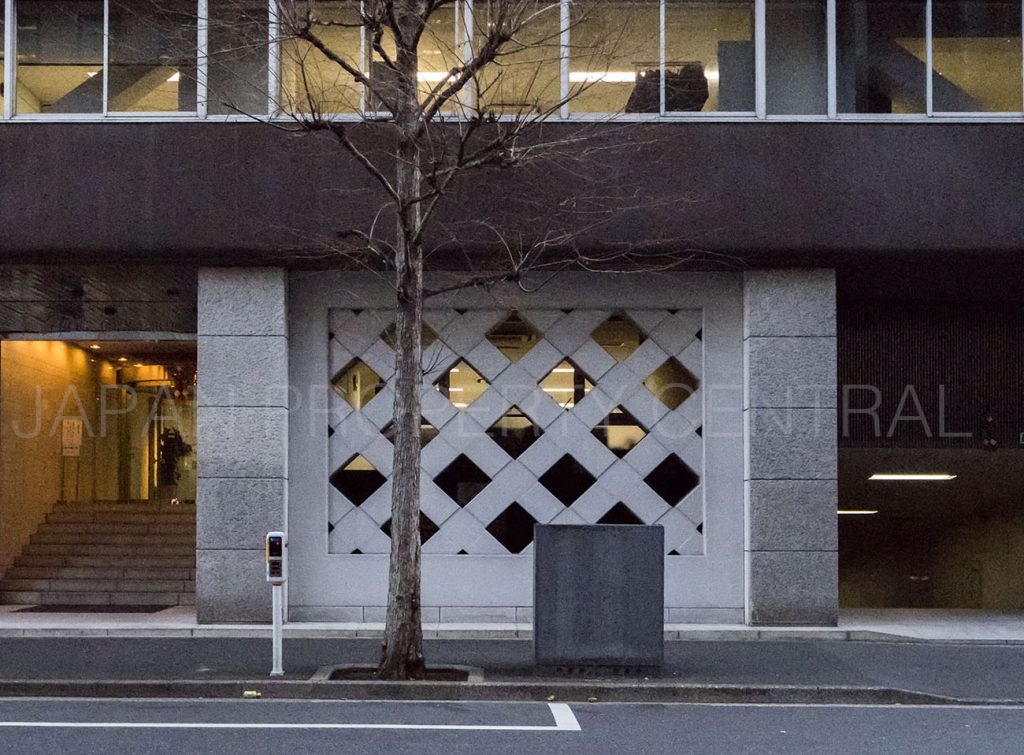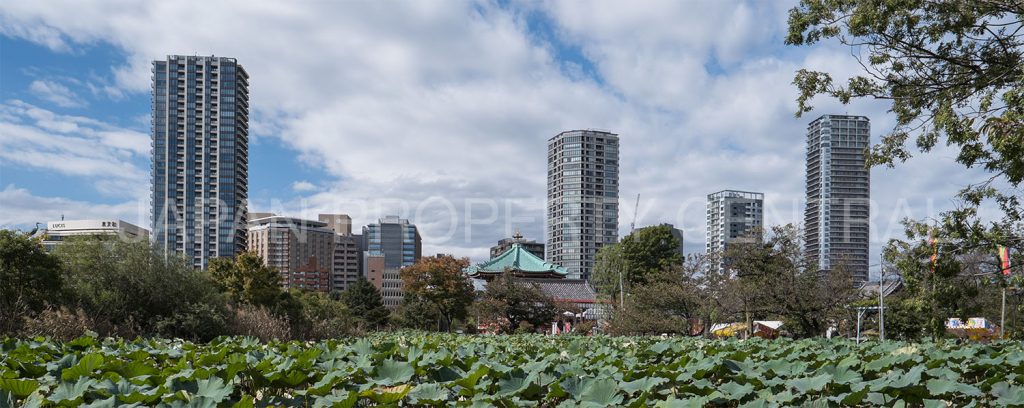Japan's two-address systems for land and buildings

Did you know that buildings and land in Japan can have two addresses? One for registration identification purposes and another to be used as the postal address. While this won't affect your day-to-day life, it always comes up as a question from buyers when going over the contract of sale documents, so it may be worth explaining it in detail below.
Buying property in an Urbanization Control Area

If you are looking at purchasing property in the outskirts of cities, you may come across land that is in an Urbanization Control Area. This land comes with a very different set of building limitations than other classifications. Here’s why you need to pay careful attention to this difference.
How a sale contract can be cancelled

Real estate contracts in Japan are legally binding, and as a buyer or seller it is extremely important to understand what can happen after you sign a sale contract. As we will explain below, it's not always a done deal until settlement. But it can be costly to walk away after signing the paperwork.
Understanding the difference in earthquake codes for apartment buildings

Buyers often ask us about earthquake codes. For a country that lies alongside the Pacific Ring of Fire, it is a risk that we should all be aware of.
The most recent major change to the Building Standards Act for earthquake resistance occurred in 1981.
Why is this important?
What’s an appropriate amount to pay for apartment repair fund fees?

When you own an apartment in Japan you, along with the other apartment owners in the building, will pay monthly fees each month that go into the building’s repair reserve fund. These fees go towards periodic maintenance and repairs of the common structure of the building. Some buildings have high fees, while others have low fees. What’s the reasoning and what is a reasonable amount to expect?
